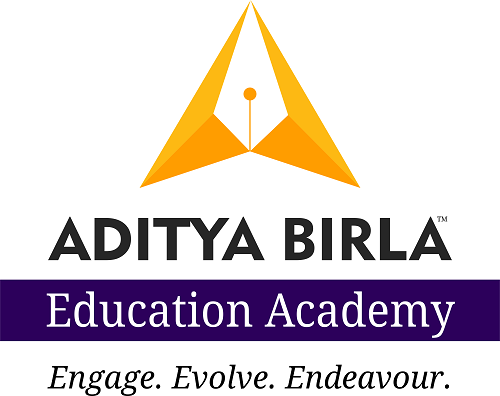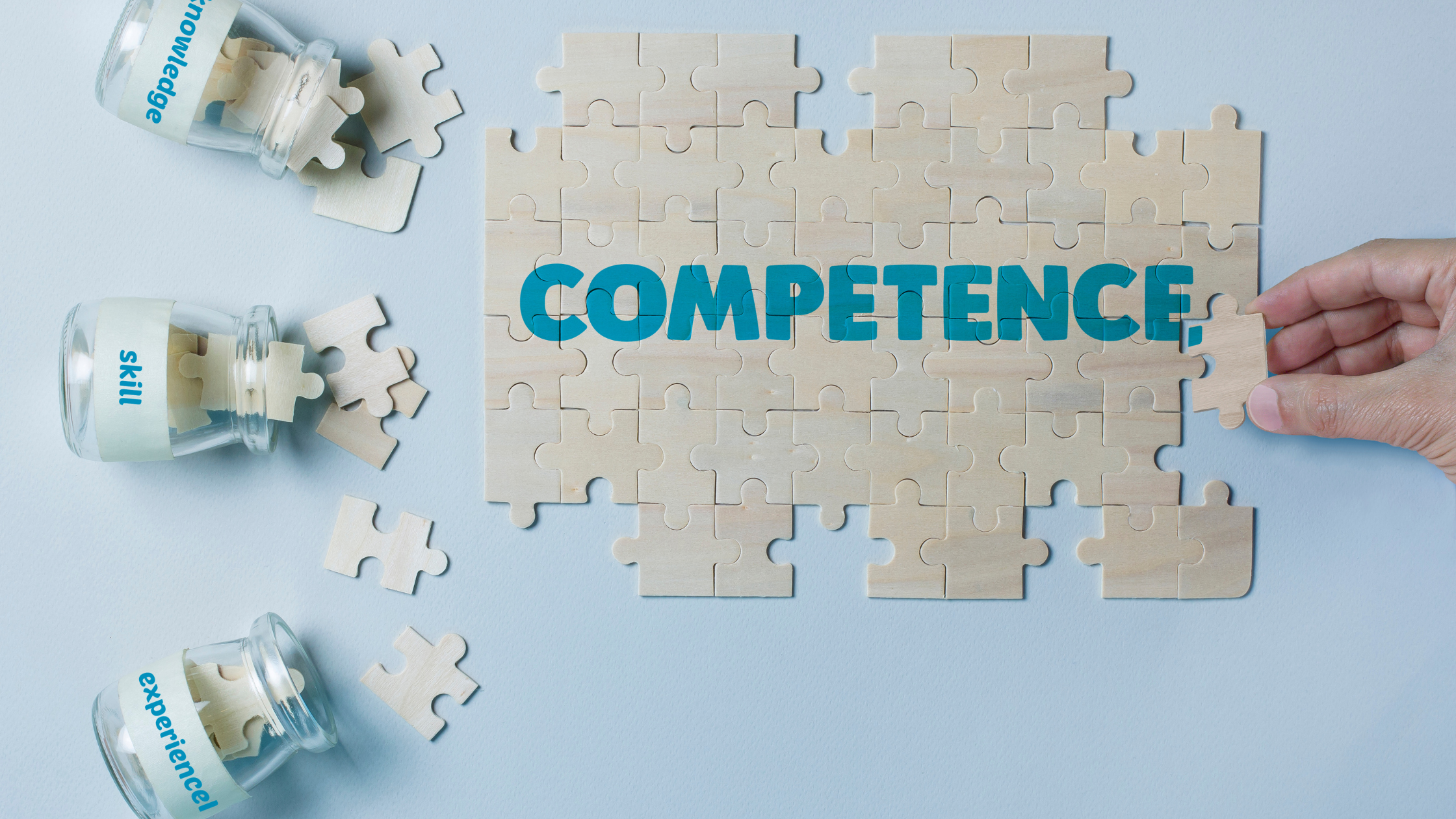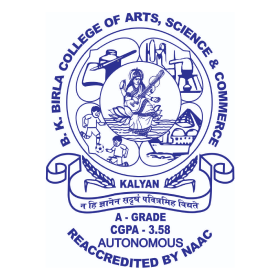Competency-based education (CBE) has become the dominant curriculum and pedagogical model in recent years. The main objective of competency-based education is to provide each student with an equal opportunity to master the necessary skill sets and become successful in life. The NEP 2020 calls for a 'shift from [an assessment system] that is summative and primarily tests rote memorization skills to one that is more regular and formative, is more competency-based, promotes learning development for our students, and tests higher-order skills, such as analysis, critical thinking.’
CBE vs traditional approach
CBE focuses on how competent each student becomes in the subject instead grades she acquires. CBE aligns with personalized learning, flexibility, and accountability. It also promotes equity and inclusion.
In a traditional approach, students move forward whether they fully understand the content or have mastered the necessary skills. The CBE model promotes flexibility to the students and provides them with the support they need individually to master the skills and competencies.
Learning outcomes in a traditional model focus on memorization and comprehension aimed at passing tests, but CBE fescues on understanding demonstrated through the application. While the benefits of CBE are many, it takes work to implement. Determining competencies for each class takes time and effort. Designing a meaningful and creative assessment is challenging for teachers. They must be hands-on to record the student's progress and be available to those students who need to be on track.
What should schools do to promote competency-based education?
The school leadership must provide the teachers with suitable materials and support systems to help them improve their quality of teaching. Teachers should also re-design their classrooms that allow inclusion, peer-to-peer learning, building relationships, and developing mastery.
At Aditya Birla Education Academy the teacher training institute in mumbai always focuses on the best practices to help and guide the teachers for upskilling themselves.
Benefits of CBT
CBT is a new, more powerful student-centered learning model. It is critical for the educators unleashing the transformation to be well-equipped for their new roles. Teachers must master the technique to make their teaching equity-oriented, learner-centered, and life-long. They must adapt new strategies to help elevate learners, educators, and communities as equal partners.
Articulating competency-based pathways, developing meaningful assessments and evaluations, collaborative problem-solving, and bringing in accountability are crucial to achieving a meaningful transition.
The National Council for Education Research and Training (NCERT) has recently released India's first national assessment regulator, PARAKH , which will set norms, standards, and guidelines for student assessment and evaluation. PARAKH stands for the Performance, Assessment, Review, and Analysis of Knowledge for Holistic Development. PARAKH will play a crucial role in reforming assessments, which is critical to achieving the goals of competency-based education.
Setting examples of effective teaching, professional development, and best practices across schools will energize the school systems, moving students and teachers from the one-size-fits-all approach to education to one in which all students and teachers can succeed.








